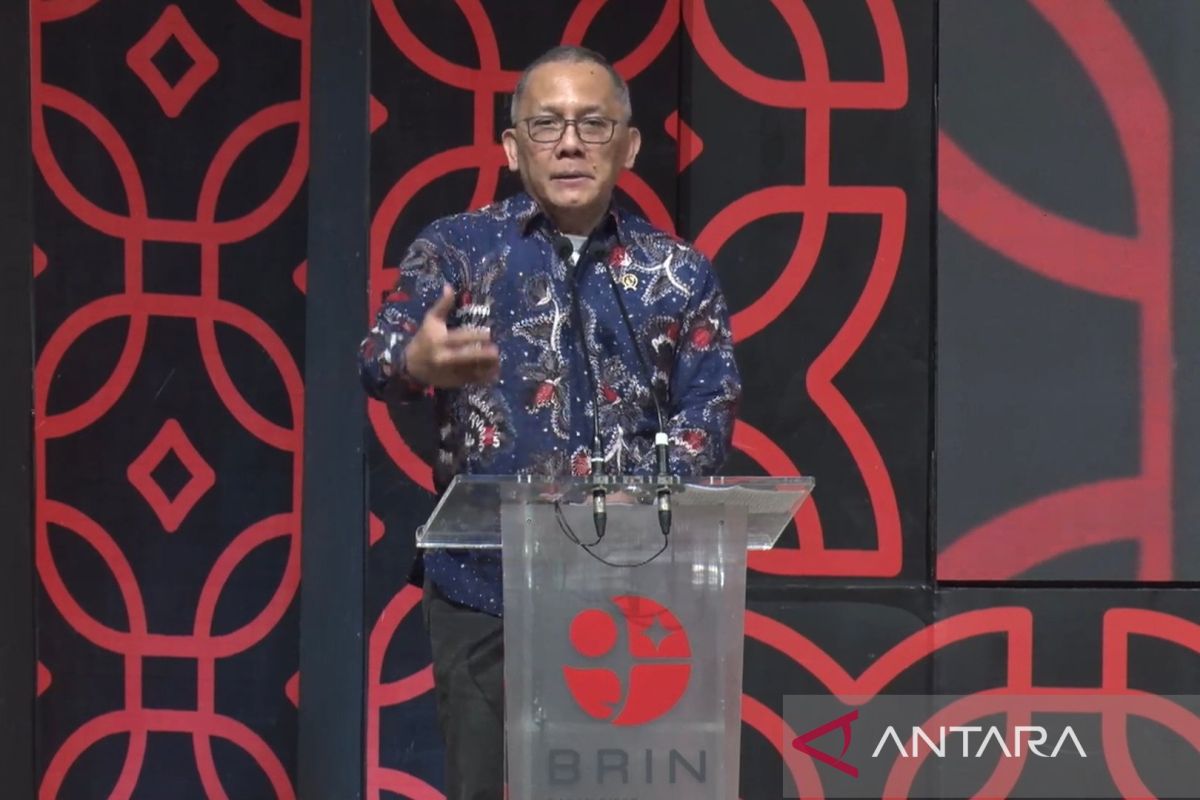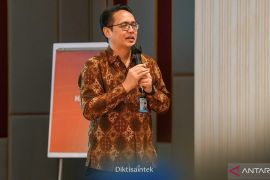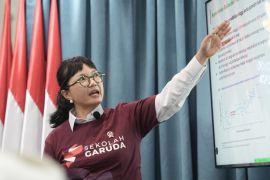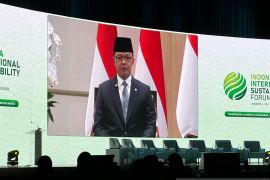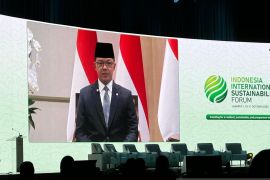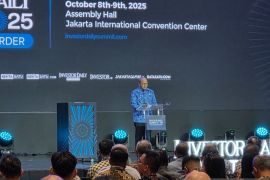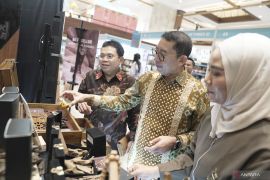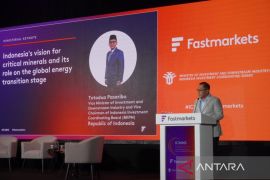In his speech at the 2025 Indonesia Innovator Award and Indonesia Innovator Lecture ceremony here on Monday, Handoko stated that precision seed research is essential to address the diverse agroclimatic conditions across Indonesia.
"We need to develop precision seeds as much as possible to accommodate all the agroclimatic conditions in various regions of Indonesia while also developing cultivation technologies that are also precise," he stated.
He stressed that the approach applies not only to palm oil but also to other commodities such as rice.
Handoko explained that BRIN is developing omics-based technologies, including genomics, proteomics, and metabolomics, to produce superior crop varieties faster than conventional methods.
Related news: IPB records world's largest number of palm oil-based researches
"Hence, apart from taking a long time, it requires genetic engineering, genomic modifications, identifying superior traits, and so forth," he explained.
From a downstream perspective, Handoko underlined the importance of mastering post-harvest technology and developing value-added derivative products.
He noted that technological challenges have limited the optimization of value-added palm oil processes, including its conversion into biodiesel.
Handoko, therefore, called on industries to get involved from the early stages of research to strengthen the national palm oil downstreaming program.
"When we do the scale-up, there must be an industry ready to act as an off-taker to take it to the next level," he remarked.
He also stressed that downstreaming commodities like palm oil could serve as a pillar of the national economy.
"Downstreaming limited local natural resources and agricultural commodities has enormous potential. These products have much higher added value than raw goods," Handoko stated.
Related news: BRIN develops demulsifier to combat palm oil waste
Translator: Sean, Kenzu
Editor: Rahmad Nasution
Copyright © ANTARA 2025
